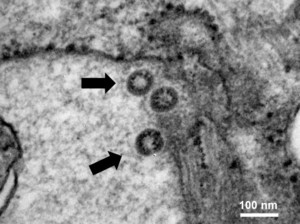–
[이코노믹리뷰=황진중 기자] Corona 19) More than half of patients showed heart damage left after discharge.
According to local media on the 21st, researchers at Imperial College London in the UK and the University of London in the UK revealed the results of a study showing that about 50% of patients with elevated troponin protein levels during severe COVID-19 hospitalization still have heart damage after discharge.
The researchers confirmed heart damage through magnetic resonance scanning (MRI) taken about a month after discharge in 148 corona19 patients who had been discharged from the hospital until June last year. This may be an existing wound, but some of the MRI readings were new wounds caused by Corona 19.
As a result of the analysis, patients had symptoms of inflammation of the heart muscle, scarring or death of heart tissue (infarction), limited blood supply to the heart (bleeding), or all three symptoms.
The researchers found elevated troponin levels in all patients who took cardiac MRI to determine the cause and extent of damage to the heart muscle. Troponin is a protein that regulates muscle contraction and is released into the blood when the heart muscle is damaged. When an artery is blocked or the heart is inflamed, troponin levels in the blood can be high.
It is known that troponin levels rise even when patients with Corona 19 infection develop severe and excessive immune responses appear.
54% of 148 had heart damage. 26% had a scar or injury to the heart muscle, and 22% had an ischemic heart disease, such as infarction or bleeding. Of the patients, 6% had all forms of damage, and 8% had persistent heart inflammation.
Patients with severe COVID-19 already have cardiovascular-related health problems such as diabetes, high blood pressure, and obesity. Of course, if the COVID-19 virus infection itself develops to a severe degree, it may directly affect the heart.
Fontana, a professor at the University of London, who participated in the study as a cardiologist, explained, “Through this study, we are able to identify subjects who need medication to protect heart function after recovery from COVID-19.”
Meanwhile, the research results were published in the’European Heart Journal’.
– .


